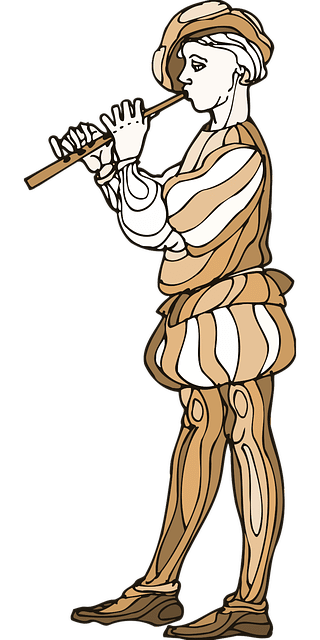
The profane is something far from spirituality or that is disrespectful to a religion.
To understand the meaning of the term profane , it is very useful to review its etymological history . The concept derives from a Latin notion that can be translated as "in front of the temple" . The profane, therefore, is that which is not inside the temple: that is, that is not part of the sacred or the religious .
Anything that is disrespectful to a religion can be classified as profane. For example: "In his youth he was a profane man: that is why it is striking to see him become a priest" , "His profane books earned him the condemnation of the ecclesiastics" , "I will never support a profane movement in a city of deep Catholic faith like ours."
The profane, something far from spirituality or outrageous to religion
The profane is also the mundane or material , far from spirituality and elevated issues: "I would like to go to church more often, but I have secular problems to attend to," "I believe in God, but I couldn't be a priest: I am more useful in meeting the needs of the profane world .
The violation of religious or sacred symbols is known as desecration. Desecrating graves is one of the most frequent profane acts, even when it seems somewhat macabre for most people: "The police investigate the desecration of a Jewish cemetery in the north of the city."
In a symbolic sense, it is often said that someone who is layman is someone who does not have knowledge about a topic or issue: "I am layman in these matters, that is why I consulted with a lawyer" , "I cannot give you more details because I am layman in this discipline" .

The minstrels were exponents of secular music.
A type of musical expression
Secular music is called music that does not deal with topics of religious interest but rather focuses on those issues that attract the people. From another perspective, it is correct to say that it is the opposite of sacred music , which was created to exalt the symbols of religion, such as festivals or messages from its main representatives, or God himself.
Around the end of the 9th century, shortly after Gregorian music appeared, the so-called medieval (or medieval) secular music was born, almost contemporary with polyphony (a type of musical texture that consists of playing more than one voice melodic at the same time). It is important to note that at that time music did not suffer from a regional division, as had happened previously, but was classified according to various aspects related to its genre.
The main objective of secular music was to entertain the people with its moving and witty stories, which addressed topics as everyday as love or as intense as betrayal. It was within them that the figure of the minstrel emerged, an artist who traveled from one town to another and offered an open-air show in exchange for food or money, and who also used to be hired by the nobility to entertain guests at banquets. and royal parties. Given the themes that the minstrel touched on in his presentations and the nature of his performance, he is also related to the birth of medieval secular theater.
Instruments and vocal forms of secular music
Secular music is divided into popular and cultured . Regarding his instruments , the use of strings, tambourines and flutes stood out; The use of bagpipes was less common and, even less, the singing voice, since the most normal thing was to recite rhymes over the background music. The areas in which it was usually performed were festivities and the Court , in terms of its public exhibition, but also in the privacy of the home, with accompaniment of lute, harpsichord or vihuela.
The best-known vocal form of secular music is opera , while instrumental music finds its representation in chamber music and the suite. In the field of academic music, the term secular music is usually used to refer to any work that is not religious.
